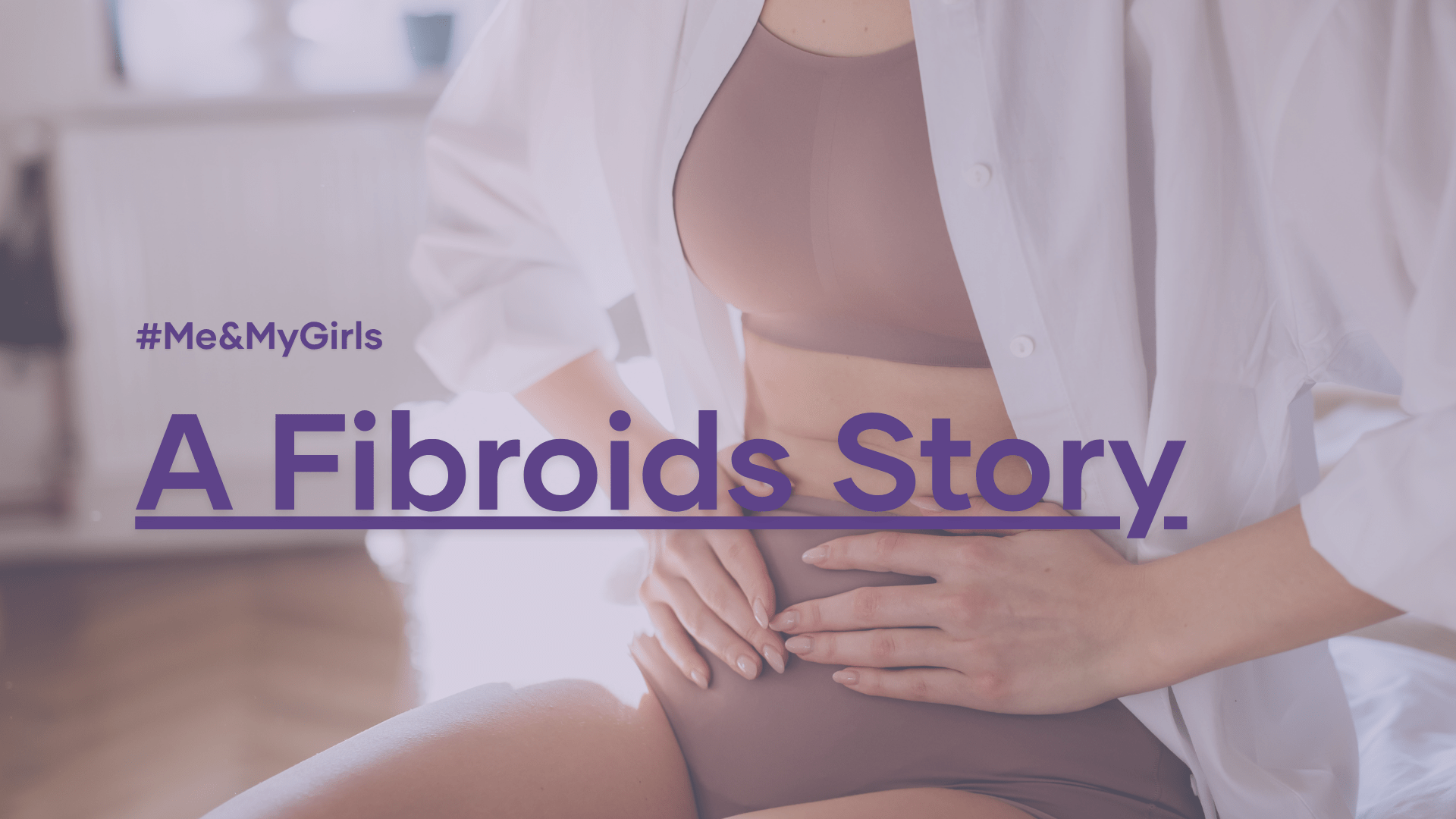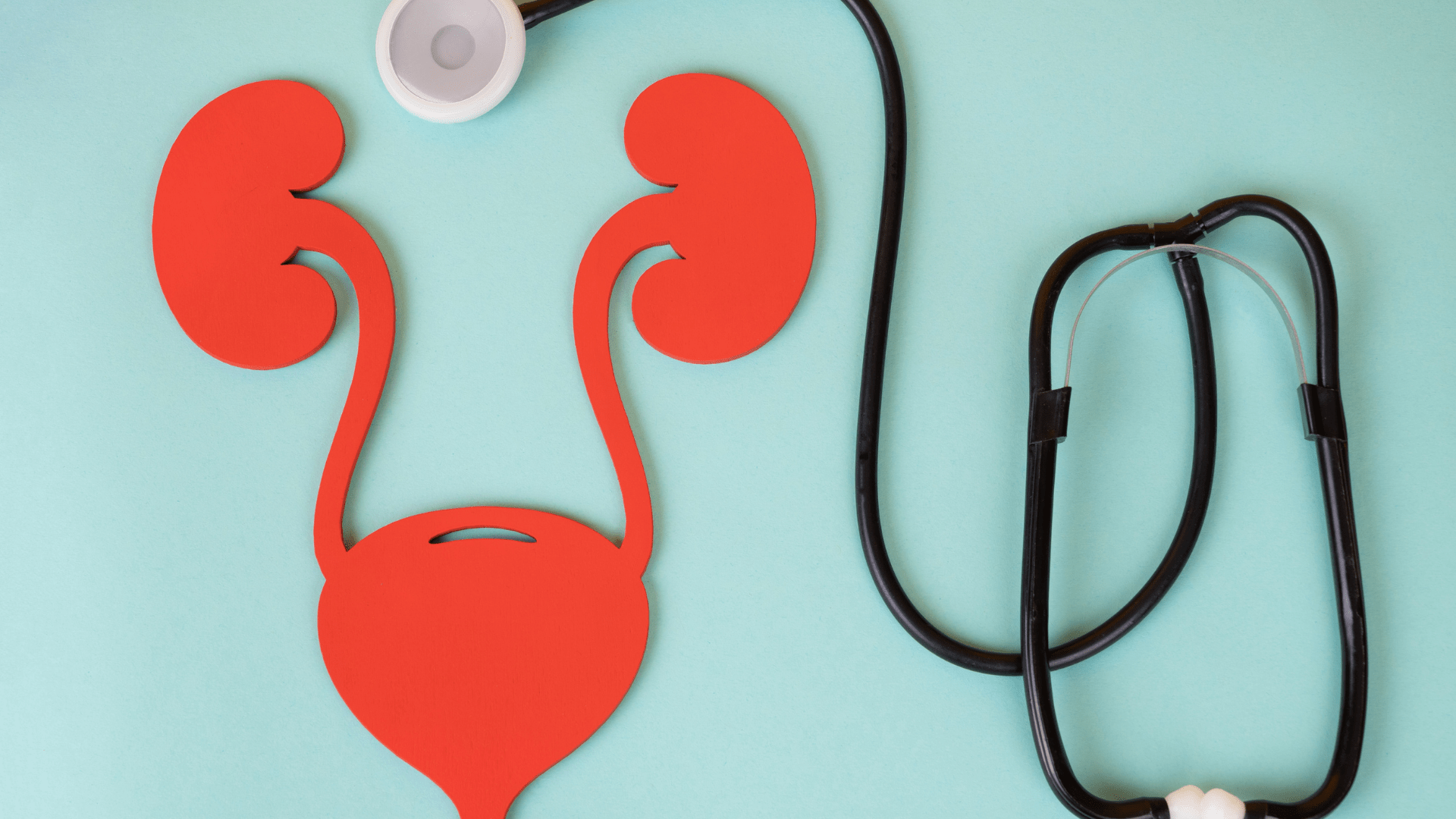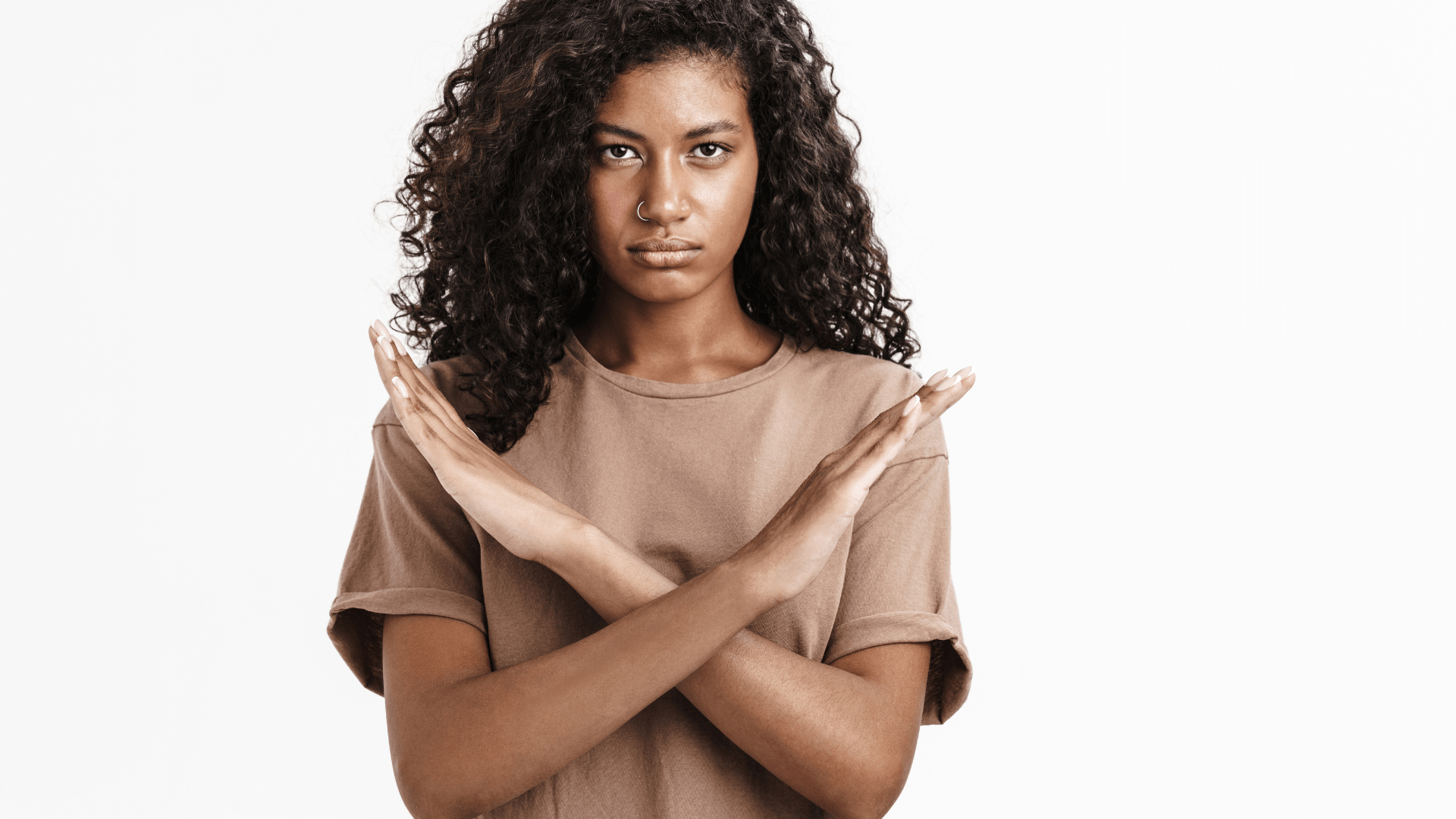Me & My Girls is a platform for unfiltered stories from women navigating their reproductive health journeys. In this edition, we sit with Titamie to discuss her experience living with Fibroids — a chronic condition that affects 20-70 percent of women in their reproductive years. Titamie opens up about the early symptoms, multiple doctor visits, the emotional toll, and finally, her journey to healing.
Early Signs of Fibroids
What would you say is your earliest memory of your reproductive health? Was it something discussed at home, in church, or school?
Titamie: My earliest memory was in my family. I’m the youngest on my mom’s side, and all the women have had fibroids. I remember overhearing conversations like, “She’s going for surgery to remove them”. So I had a vague idea of what fibroids were, but I didn’t fully understand until school—when we started learning about the reproductive system.
How did you realize you had fibroids yourself?
Titamie: I started my period early, at age 10, and from the beginning, it was never normal. It came with intense pain. For the first two or three days, I couldn’t go to school. My mom wasn’t around when it first started, so someone else helped me get pads, but she got the smallest size. I didn’t even know there were different sizes, and I already had a heavy flow.
As I grew older, I switched to extra-long pads, but by 18, the flow got heavier. Since many people in my family are in the medical field, they’d just prescribe medication to reduce the pain or bleeding. I thought that was normal. I didn’t tie any of it to fibroids.
At 19, I started reading a lot online and came across symptoms that sounded too familiar. That’s when it clicked: “Wait, what if this is it?”
I brought it up to my mom, but she said, “It’s too early. Maybe it’s something else.” Then one day, the bleeding became so intense I had to go to the hospital.
At the hospital, the first doctor I saw was a woman. . Instead of listening to me, she kept asking, “Have you ever been pregnant? Have you had an abortion?” I kept saying no, but it felt like she didn’t believe me. I told her straight up, “Fibroids run in my family, so I wouldn’t be surprised.”
We finally did the ultrasound, and there they were…Eight fibroids!
Even then, she still asked again if I’d been pregnant or had an abortion. I was like, “Ma’am, this is the third time I’m telling you—no.” Eventually, she put me on birth control, and that was rough. The first six months came with every side effect you could imagine. Mood swings. Weight gain. Emotional rollercoasters. I knew I couldn’t continue with her.
That kicked off what would become a four-year journey with five different doctors. Three were women. But the ones who actually listened to me, the ones who made the big decisions, were men. Everyone else kept asking the same thing: “Are you sure?”
And I’d think, Why would I lie?
That must have been really frustrating, especially after going through so much pain. How did it feel, bouncing from doctor to doctor?
Titamie: Exhausting. And expensive. I was going to private hospitals, so every visit came with a bill—consultation, scans, meds, everything. I remember thinking, I can’t keep paying this much to be judged and sometimes, dismissed.
I told my mom how I felt, and she said, “Don’t you think you’re overreacting?” But I didn’t think I was. I was just trying to tell my gynecologist what was going on. I shouldn’t have to weigh my words. The moment I start holding back, I can’t be honest and then, they can’t help me.
Living with Fibroids: Symptoms, Stigma & Emotional Toll
What about the people around you? How did they respond when you finally told them you had fibroids?
Titamie: My mom was shocked. I think some part of her hoped it would skip me. She was in denial for a while, right up until the week before my surgery. I think it only really hit her when she saw me being wheeled in.
Outside of family, I live with other girls because I’m still in school. At some point, my stomach looked so bloated people would ask, “Are you pregnant?” So I’d tell them, “No, I have fibroids.”
Some of them, even ones studying medicine, would say things like, “Are you sure you don’t want to have a child first?” Because I’m religious, I’ve also had people telling me, “Maybe you should have a baby before you remove them.” Everyone had something to say. “Have you tried castor oil?” “Try this herbal mix.” It was a lot.
But through all that, my partner was amazing. He told me, “If it ever comes to the point where you can’t have kids, we’ll still be okay.” That gave me so much peace.
Most of my friends were supportive. But in our culture, people always have opinions. Everyone becomes a doctor.
A Myomectomy: The Turn-Around
You’ve mentioned your myomectomy, but we haven’t gotten into the details. What treatments did you try before surgery, and how did they affect your quality of life?
Titamie: I went through three treatment plans. First was birth control—that was the worst emotionally. I had intense mood swings. One minute I’d be laughing, the next I’d be crying for no reason. I also gained a lot of weight, and I’ve always been plus-size, but that period just made it worse.
Then I was put on mifepristone, a medication often misunderstood. People would see it and say, “Why are you taking an abortion pill?” I had to keep explaining that it was a microdose, prescribed. Mifepristone was actually okay for me, no major side effects. But I was warned that long-term use could cause hypothyroidism, so we had to stop.
When surgery came up, the cost was shocking. Thankfully, my dad’s company insurance helped. We switched hospitals, and that’s where I met my current doctor. At first, he didn’t believe fibroids were the real issue. He thought it was PCOS and told me to lose weight.
I had to beg for a scan. For months, we went back and forth until one day I told him, “I’m in so much pain, I can feel them.” That’s when he finally did a physical exam. And just like that, he changed his mind.
I wasn’t even surprised. I’d been in pain for five years, nothing he could say would shock me.
We ran blood tests. I got the call on a Monday night: “Come in Tuesday for prep.” Then it got pushed. So I was admitted Tuesday afternoon, and the surgery happened Wednesday, April 16 2025.
How was recovery for you—physically and emotionally?
Titamie: Physically, it wasn’t too bad. The day after surgery, I was already walking. I couldn’t keep food down for a while, but within the first week, I could bathe myself. My doctor was shocked. He said, “If I didn’t do the surgery myself, I’d never believe you were here last week.”
By week five, the wound had healed completely. I was back in school and wrote my exams within a month.
But emotionally? That was harder. Seeing people visit and look at me with pity—that was the part I struggled with most. I didn’t want anyone to feel sorry for me.
Even now, I have to remind myself to slow down. I’m the first daughter, so I’m used to being on top of things. But healing doesn’t happen overnight. And the cold season here in Zambia doesn’t help—winter really affects the wound.
But overall, I barely took painkillers. The physical part? I managed. It was the emotional weight that stayed longer.
What I Wish Had Been Different
Throughout all of this, who would you say has been your biggest support system?
Titamie: Definitely my partner, my family, and my best friend. My mom kept reminding me of her own experience, and that helped me feel less alone. My best friend knew my cycle so well—she’d stock up on my pain meds and patches even before I started. She came with me to the hospital, every time.
Everyone in my circle played a part. I’m really grateful for that.
As you reflect on the journey, from symptoms to surgery and recovery. Is there anything you wish had been different?
Titamie: Yes. First, I wish female doctors were more empathetic. I had hoped a woman would understand what I was going through better, but that wasn’t the case. In fact, it was the male doctors who ended up listening and helping.
Second, I wish I had postponed the surgery by just a month or two. I was recovering while studying, prepping for exams, doing school residentials… It was too much at once. But at the same time, I’m glad I did it. I feel stronger now.
There have been real improvements. I used to wear two extra-long pads and a super tampon just to last an hour. Now, I bleed for four days max—and that’s a win. Before surgery, my period could last anywhere from eight days to an entire month.
Sometimes I think, Maybe I should’ve done it earlier. Other times I think, Maybe I should’ve waited. But either way, I’m glad it’s behind me now.
Thank you so much, Titamie. Your story is powerful, and we’re so grateful you shared it. We’re all rooting for you.
Titamie: Thank you for having me, Fertitude.





